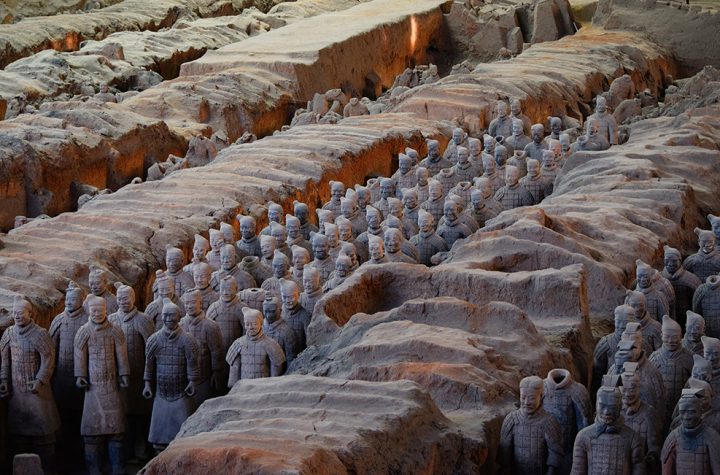
Arkhom Termpittayapaisith
Thailand picked Arkhom Termpittayapaisith as finance minister to steer an economy facing its worst performance ever this year, following the abrupt
resignation of his predecessor.
The appointment, effective immediately, was announced in the Royal Gazette on Monday. Arkhom’s appointment comes after former banker Predee Daochai resigned less than a month into the job, citing ill health.
Arkhom, a former transport minister under Prime Minister Prayuth Chan-Ocha’s military government from 2015-2019, will need to shape Thailand’s response to tackling the coronavirus outbreak that’s delivered an unprecedented blow to the nation’s trade- and tourism-reliant economy. He will also need to assure investors who have been dumping local stocks and bonds, while accelerating stimulus spending to revive growth and save millions of jobs at risk from the fallout of the pandemic.
Growth Crisis
Hit to Thailand’s tourism, exports set to weigh on growth
National Economic Development Council
*2020 GDP estimate is from finance ministry
Southeast Asia’s second-largest economy is on track this year for its worst contraction on record, with the Finance Ministry predicting gross domestic product will shrink 8.5%. Arkhom, 64. who also previously headed the national planning agency, will need to work with Bank of Thailand Governor Sethaput Suthiwart-Narueput, who assumed the post only last week.
“Arkhom should be welcomed by the market given his background on economy as the state planning agency chief and also his work on infrastructure investments during the military government,” said Amonthep Chawla, head of research at CIMB Bank Thai Pcl. “The most important thing to watch is how well he can work with the government and other political parties to drive the economy.”
Stocks, Currency
The benchmark SET index of stocks is down 21% this year after foreign investors turned net sellers of $8.76 billion of equity, while the baht has lost almost 5% against the U.S. dollar to become Asia’s second-worst performer this year.
While the country has been comparatively successful in containing the pandemic and most business activities have resumed, the Prayuth administration also has had to contend with anti-government protests by student groups demanding greater democracy and curbs on the monarchy’s power.
The government has announced an economic stimulus program worth
$60 billion and the central bank has cut interest rates to a record low amid the crisis. Still, it may take the economy at least two years to return to its pre-pandemic level, according to the Bank of Thailand.
The nation’s top economic panel is set to
discuss this week offering tax incentives to its middle and upper income groups to bolster consumption with the slump in tourism and trade set to last until the global pandemic is contained. The government has also began easing visa curbs for long-stay foreign tourists and investors to support the economy.
“The economic recovery remains very slow and needs a huge drive from the government,” Amonthep said. “The government needs to come up quick with more measures to boost private consumption and investment. If Arkhom can do well, that will help boost lots of confidence.”
— With assistance by Natnicha Chuwiruch
(Updates with comment from economist in fifth paragraph.)
Before it’s here, it’s on the Terminal.
LEARN MORE





More Stories
The BMC has banned fire crackers in all public and private places within the city limits.
Apple has cut off major supplier Pegatron from new contracts following the reveal of student labor violations. Pegatron is one of Apple’s biggest supply chain partners, manufacturing various products including some of the newest iPhone 12 models.